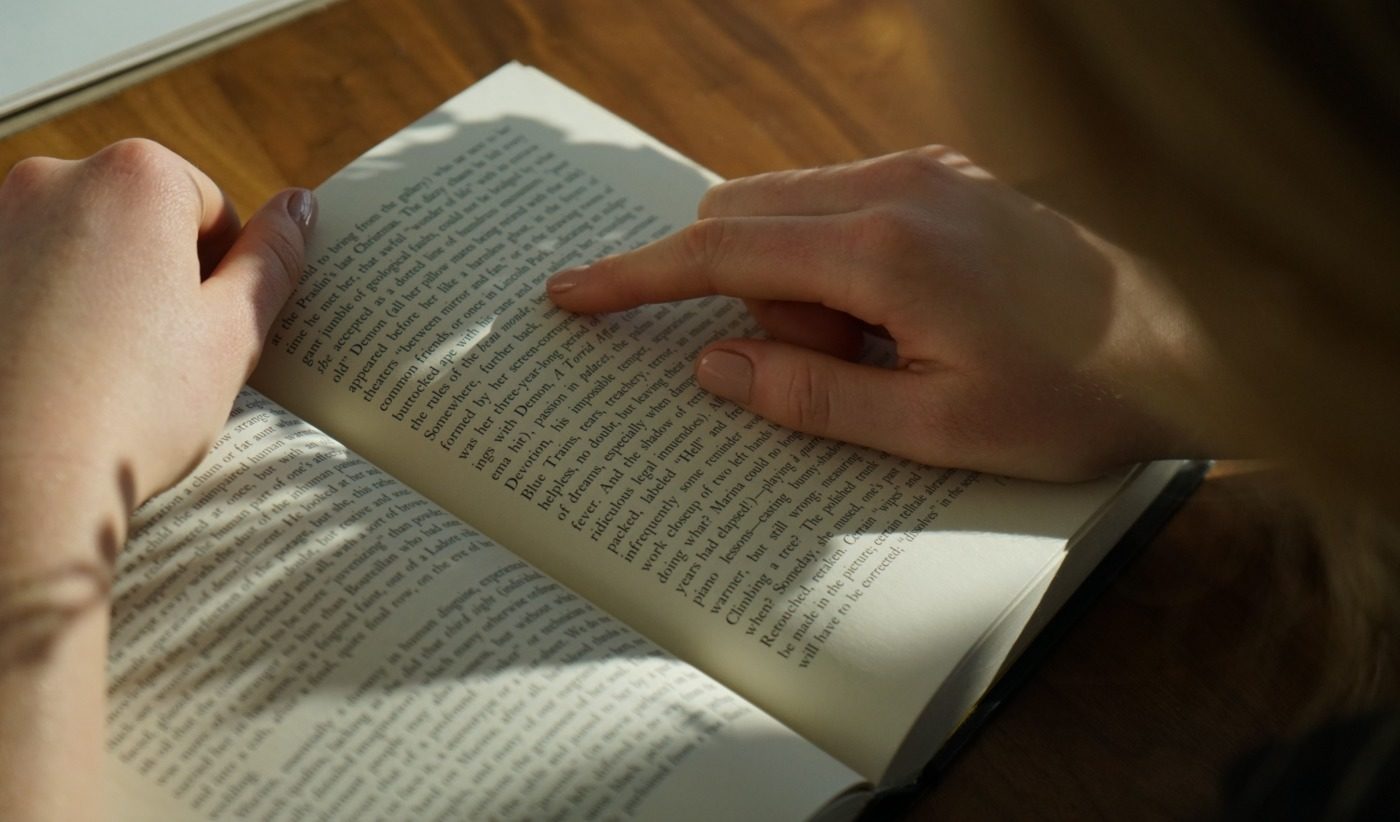Skimming has no place in reading for pleasure
As the generation who favour five-minute YouTube videos over hour-long TV shows, it is hardly surprising that our perceived attention span is decreasing rapidly. From fast food instead of restaurants, to news apps rather than newspapers, our inability to focus for lengthened periods has widely affected popular culture. Is this limited attention span negative for our reading habits, or are we simply saving time to give to more important things?
Nowadays skim reading is the new normal: people want easily digestible pieces of information to swallow. Ironically us students who have dedicated three or more years of our adolescence to learning a subject are perhaps the worst culprits for this. We often squeeze in our seminar readings into our fast-paced University lifestyles, meaning that we only have time to glance through them, just picking up on the main ideas.
As a literature student, I spend a lot of my time reading novels. This probably means that I have a longer attention span than the average millennial. However, when it comes to texts I cannot escape into, like I can with novels, I find myself scanning through them.
Reading every word feels torturous
In fact, it feels as if my course assumes that we will skim read some of the lengthy texts they give us. Some academic papers are so circumlocutory that reading every word feels torturous.
I find myself thinking that it’s surely better to read more essays in less detail, so I know more concepts overall.
When reading for academic purposes, this certainly may be true. We are looking for some kind of ‘minimum input, maximum output’ scenario. This is the attitude surely typical of our supposedly ‘overstimulated’ generation.
One of my lecturers recently suggested the best way to read a piece of philosophy is not to read it from start to end. It is to read the introduction, then the conclusion, followed by the subtitles, and the first line of each paragraph. She argued that we should not try and read essays like we do a novel: we want to notice more than just the argument. Essentially, she wanted us to skim read first for an overview, before reading it in detail. Perhaps then, skim reading has a place in academic study. In fact I think it is unavoidable.
However, surely this must only be used as a technique when reading for information. Reading for pleasure or for amusement cannot become redundant just because we lack the attention span – it is a valuable part of leisure time.
They needed something to use for an escape because of the long hours and bad conditions people worked in
During the Industrial Revolution, reading was no longer something for the upper classes. It become something for everyone who could read. This was partly due to literacy being more widespread, but one of the main reasons was that people needed something to use for an escape because of the long hours and bad conditions they worked in.
Now we all have social media and multiple devices clamouring for our attention, as well as our fast paced lifestyles, escape is just as important now as it was then. Personally, I think this habit of skim reading could be detrimental to our ability to switch off and simply enjoy a book, and let it take us away into another world.
Somehow, we need to learn to separate our university-style reading from pleasure reading. Novels cannot be fully appreciated if they are scanned through for their main events, and indeed poetry would hold almost no meaning at all. So much of literature is held in the nuance that we can only appreciate when reading leisurely rather than intensely.
I imagine you will have skim read the article to this point anyway, so I’ll humour you and summarise: we need to learn to switch off our desire to learn things quickly to be able to relax and enjoy reading.

Comments
Comments are closed here.